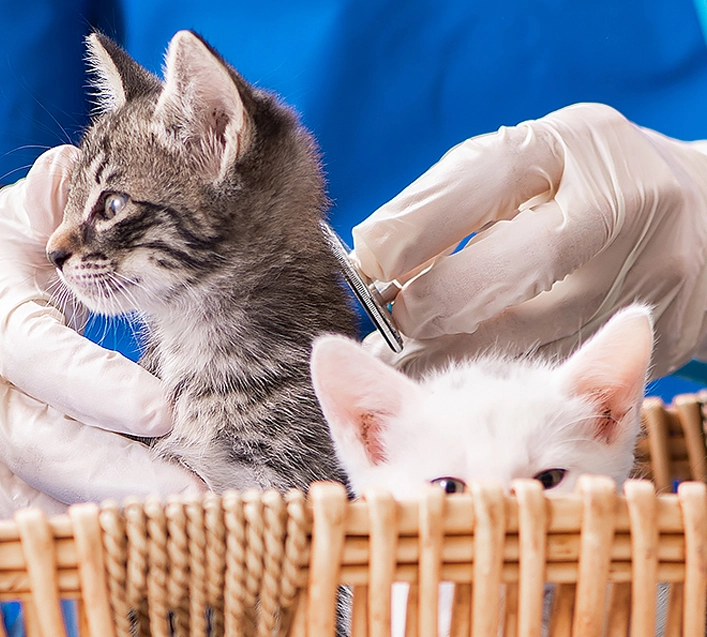- +1-707-722-7066
- care@flashtestbio.com
English

PCR for feline, also known as Feline PCR, refers to the application of Polymerase Chain Reaction (PCR) technology in veterinary medicine to detect and analyze specific genetic markers or sequences in cats. PCR test in cats is a highly sensitive and accurate diagnostic tool used for the identification of genetic diseases, infectious agents, and traits in felines. Feline PCR involves the amplification of targeted DNA regions, allowing for the detection and diagnosis of various feline conditions, aiding in treatment planning and genetic screening in cats.
To perform Feline PCR on a cat, follow these general steps:
1. Sample collection: Collect a suitable sample from the cat, such as blood, saliva, tissue, or swabs from the affected area. Follow appropriate sample collection techniques to ensure accuracy and minimize contamination.
2. DNA extraction: Extract DNA from the collected sample using a DNA extraction kit or other suitable methods. This step is essential to isolate and purify the cat's DNA for PCR analysis.
3. Primer design: Design and select appropriate primers specific to the target DNA sequence you want to amplify. These primers will flank the region of interest and allow for specific amplification.
4. PCR setup: Prepare the PCR reaction mixture, including the extracted DNA template, primers, nucleotides, and DNA polymerase. Follow the manufacturer's instructions for the specific PCR kit used.
PCR cycling: Set up the PCR machine with the appropriate cycling parameters, including denaturation, annealing, and extension temperatures and times. Run the PCR

Feline PCR blood test for cats is performed for various reasons, including but not limited to:
1. Disease diagnosis: PCR helps detect specific pathogens responsible for feline diseases like feline leukemia virus or feline immunodeficiency virus.
2. Genetic testing: PCR enables identifying genetic mutations or markers associated with inherited disorders in cats.
3. Forensic analysis: PCR aids in identifying feline DNA in cases involving crimes or disputes related to cat ownership.
4. Research purposes: PCR allows studying genes, gene expression, and genetic variations in felines to better understand their biology and evolution.
Overall, feline PCR provides valuable insights into feline health, genetics, and scientific advancements.
Get In Touch With Us Now!
For any inquiries or queries regarding our animal lab test kits and in vitro diagnostic devices, please don't hesitate to reach out to us directly or fill out our online form. We are here to assist you and provide prompt responses to your questions.

Tel:
+1-707-722-7066Email:
care@flashtestbio.comAdd:
Blk A4 - F2, Liyuan Development Zone, Binhu District, Wuxi, China